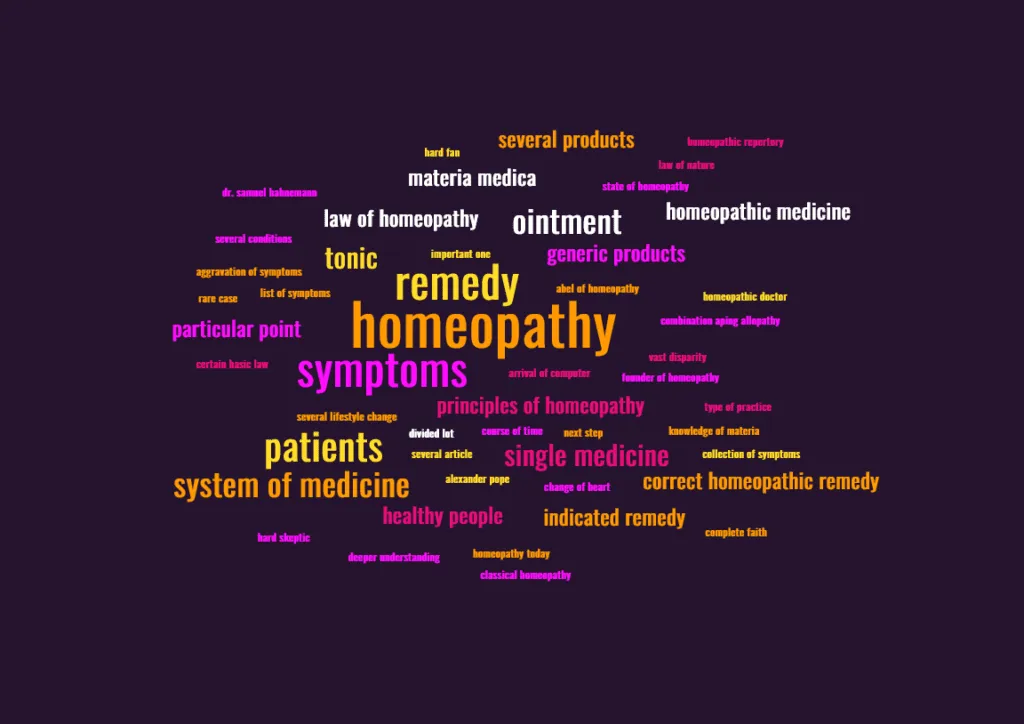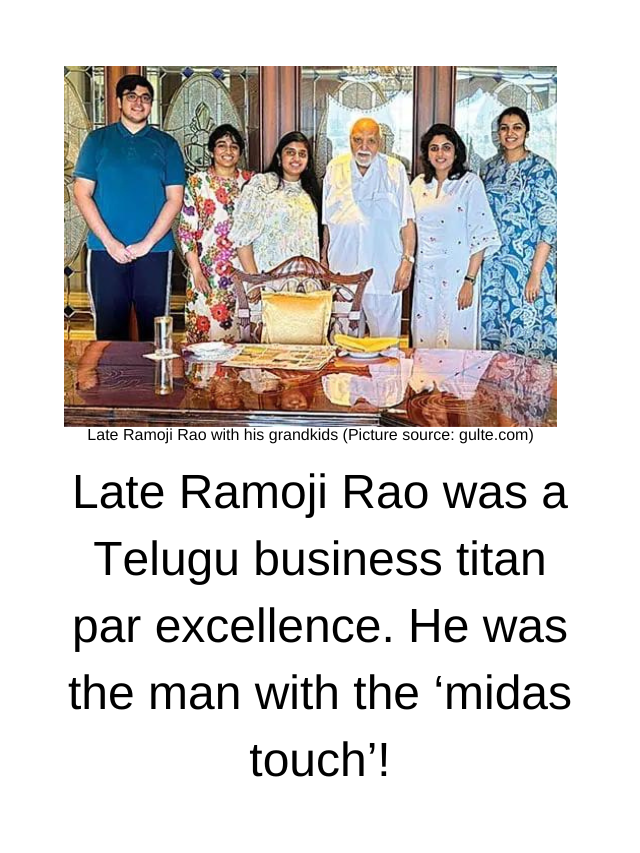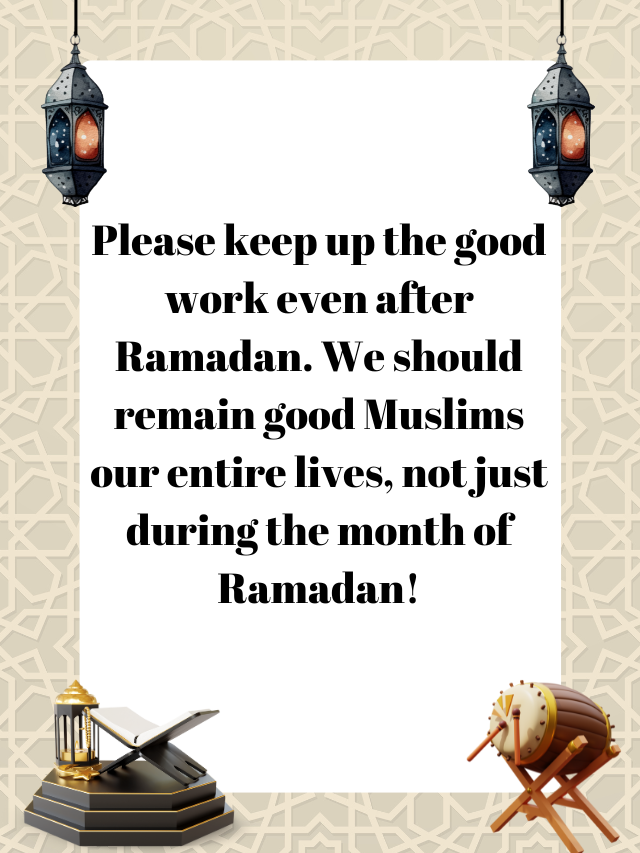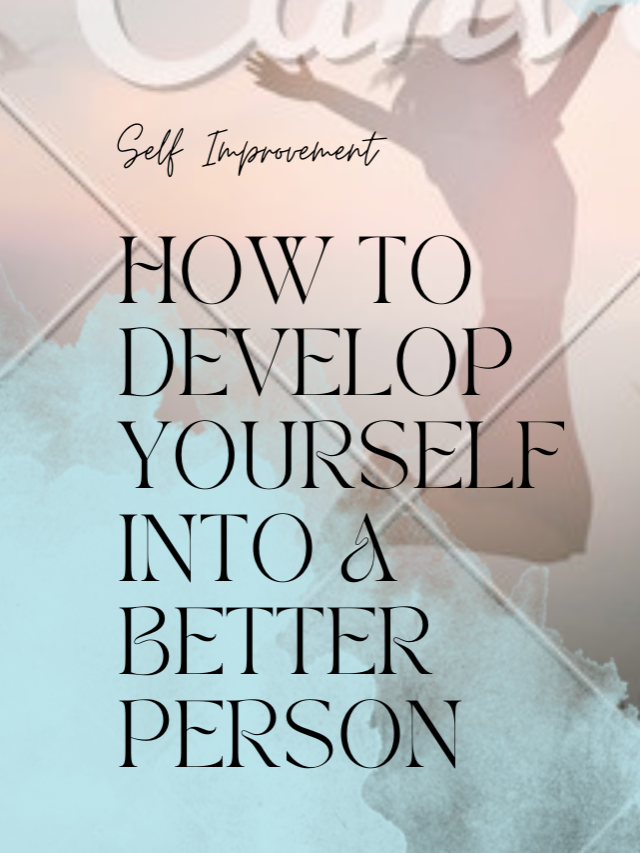
Homeopathy – Grossly misunderstood Medical System!
Homeopathy, one of the youngest systems of medicine has been grossly misunderstood! Though this issue is not within the scope of this article, I just wanted to throw a little light on it. I have written this in several articles and am repeating it here. The world seems to be divided into two – one for Homeopathy and the other against it. This article will be useful for the former.
But hope lies eternal in the human breast, as Alexander Pope rightly pointed out in his poem. And I am no exception to not believe in this eternal truth. What I am trying to say here is that one day, even the non-believers in Homeopathy will be convinced about its effectiveness. And probably shift gears totally towards it.
Minuscule Minority but increasing numbers of believers in Homeopathy
In today’s fast-paced world, there are very few people having faith in alternative systems of medicine like Homeopathy. The majority of the world’s population is impatient, wants instant results, doesn’t care about side-effects. This is usually due to their ‘who cares/who gives a damn’ attitude. And therefore, you guessed it right. Thus, they usually turn towards Allopathy, the Abel of Homeopathy. I leave the decision of naming (which system of medicine is what – Kane or Abel) to you!
The few who turn towards Homeopathy and other such alternative and complementary systems of medicine are die-hard fans and believers of these systems. Or they have stumbled upon these systems after losing all hope in Allopathy. Vexed what, with its side-effects, non-effectiveness in certain cases, etc. But once these die-hard skeptics get a taste (not just literal!) of what Homeopathy is all about, they will have a change of heart, hopefully!
Majority of Homeopaths’ Herd-Mentality – Allopathic Practice!
Homeopaths too today are a divided lot. Nearly 95% (the figure is probably decreasing by the day) practice only Allopathy. The remaining 5% too are leaving no stone upturned in converting themselves into practicing Homeopathy like Allopathic Doctors. Let me explain. What I am trying to say is Homeopathy too is getting highly commercial. Of course, with the changing times, there’s no other choice except being commercial. But at what expense? The very basic principles of Homeopathy are getting compromised. Which is unacceptable! But that is the state of Homeopathy today.
Homeopaths are divided into two categories – ‘Classical’ and so-called ‘Modern’ (mind you, I am not considering the 95% category which practices only Allopathy). Classical Homeopathy is all about the use of a single medicine at a particular point in time and very limited other medicines (but usually just limited to only pills and diskettes).
Modern Homeopathy is the use of a single medicine, a Bio combination or Biochemic medicine, a tincture, and generic products together (either all or at least a few of them) at a particular point in time. Generic products include tonics, ointments, tablets, etc. These tonics, ointments have several products in combination imitating Allopathy.
Allopathic treatment is mostly palliative in nature. The practitioners of this system prescribe several medicines at a time for several conditions. Tonics, tablets, ointments too have several products in combination in them. Of course, few Homeopathic ointments have single medicines in them. For different types of practices, check this out.
Classical vs. ‘so-called’ Modern Homeopaths
So, first of all, the patient has to decide whether to approach a Classical Homeopath or a modern one. Now don’t get me wrong. But just like certain basic laws of nature, the basic ‘monotheistic-like’ laws of Homeopathy can never change. I am calling them ‘monotheistic’ because the founder of Homeopathy, Dr. Samuel Hahnemann enumerated certain clear and rigid principles of Homeopathy – a single drug to be prescribed for a patient based upon ‘totality’ of symptoms.
For more details regarding a deeper understanding of the various laws of Homeopathy, check this out. Whichever Homeopath you decide to visit, you can count on web-based reviews, websites of the Homeopaths, for example. And most importantly word-of-mouth. The last factor is one of the most important ones which most people usually depend upon. And another thing is just a gut feeling regarding the Homeopath or for that matter anything or anyone else in life.
Choosing the ‘Correct’ Homeopath
So once you zero in on the correct Homeopath, the next step is to meet him or her. Please don’t get surprised by the vast disparity in rates charged by Homeopaths. The Homeopaths themselves are responsible for this fiasco. But remember good things in life don’t come cheap!
Of course, exceptions are always there. Also, few Allopaths too have converted into practicing only Homeopathy. They might resort to Allopathy only in rare cases. Once you choose a Homeopath, have complete faith in him/her and stick to them. Remember, it’s your body and mind which need to be treated. And let there be the best treatment for you. A good Homeopath will suggest several lifestyle changes too to be adapted hence I would prefer calling Homeopathy – ‘Lifestyle’ Medicine!
Steps in Homeopathic Treatment
Please remember there are a few steps in Homeopathy after the case-taking is over. There is an important step called ‘Repertorization’ where the symptoms are graded and considered for the diagnosis of the correct Homeopathic remedy.
A Homeopathic Repertory is a collection of symptoms and remedies which have those symptoms. These remedies are once again graded according to the severity of the symptoms. Earlier, Repertorization had to be done manually but with the arrival of computers, this job has become easier. A huge list of indicated remedies is arrived at after Repertorization with their marks beside them.
But despite this, the Homeopath has to exercise his/her knowledge of Materia medica. Materia medica is the exhaustive list of symptoms of Homeopathic medicines which is arrived at after proving by several people. What happens in this proving is that healthy people consume Homeopathic medicines and wait for the symptoms to be exhibited in them – these symptoms are carefully recorded by both the healthy people and observers (Homeopathic Doctors or Pharmacists).
Once the indicated and correct Homeopathic remedy is administered to the patient, the expected cure takes place. If the indicated remedy is correct, there might be a slight aggravation of symptoms in the patient which is a good sign. If a remedy has partially acted or is no longer acting, then a complementary remedy might help in completing the cure. Or, a follow-up remedy might need to be administered. All these actions are undertaken by the Homeopath in the due course of time for the betterment of the health of the patient and the patient’s complete cure.










